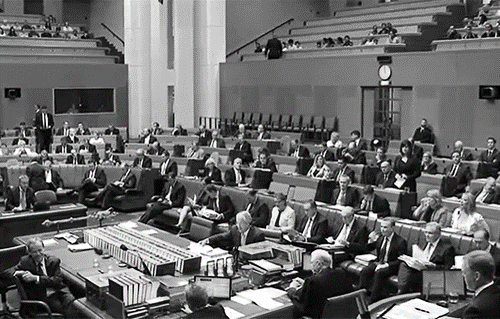On Monday 22 September, the Competition Policy Review Panel released its Draft Report on the effectiveness of Australia’s current competition policy and laws, and its recommendations for the promotion of competition across the country (see our detailed alert here) and has been holding public forums around the country to discuss the changes it proposes.
A number of specific recommendations have been made in the Draft Report in respect of the electricity, gas and water markets. While the Panel acknowledges the significant progress that has been made in reforming these markets so far, it is not surprising that it recommends that efforts be stepped up to further nationalise these markets to increase competition and ultimately put downward pressure on prices for the benefit of customers. In this aspect in particular, the Panel sees its role as “standing on the shoulders of Hilmer” in finalising industry reforms, highlighting that the water sector was significantly behind the electricity and gas sectors in introducing reform.
We’ve set out below a table of the key recommendations made by the Panel, and the policy objectives underpinning those recommendations.
| Recommendation | Rationale | |
| Electricity and Gas | Full national implementation of the National Energy Retail Law with minimal derogations. | Progress to nationalise the energy market has been successful so far, but further work is needed to continue to effectively promote competition.The delay in applying the National Energy Retail Law by Victoria and Queensland without major derogations undermines the benefits of a national law, in particular the mitigation of price increases. The Panel expressed support for moves to include the Northern Territory and Western Australia in the National Electricity Market.Consistency across jurisdictions is key. Changes to the application of the National Energy Retail Law in some jurisdictions has the effect of detracting from its competitive advantages.
— |
| Deregulation of retail electricity and gas prices. | ||
| The transfer of responsibility for reliability standards to a national framework. | ||
| A detailed review into competition in the gas market should be conducted to further investigate how changes in regulatory and commercial arrangements can be made to address gas supply. | ||
| Water | Governments should commit to a national water framework. An intergovernmental agreement should cover both urban and rural water with specific attention to:
The Panel consider that the body responsible for the implementation of a national regulation framework should be the Panel’s proposed national access and pricing regulator (see our alert for more detail on the proposed functions of a new national access and pricing regulator). |
Compared to the electricity and gas sectors, water reform has been slow and piecemeal, perhaps as a result of the absence of a national framework. Currently, the regulatory structure of the water industry is complex, with each State and Territory having its own economic regulator.The introduction of a consistent national framework will provide stronger incentives to competitive private sector investment by providing better stability, efficiencies and effective price signals.The water sector can take notes from the approach taken in the energy sector – particularly in relation to the creation of national institutions and national agreements in areas of state sovereignty.
— |
| Governments should commit to introducing efficient and cost-reflective pricing in water as far as practical to do so. | ||
| Consumer access to data | Increase consumer access to information to data about their usage of products and services. | Markets work best when consumers are engaged and informed.While initiatives such as the Australian Energy Regulator price comparator service have gone some way to assisting consumers to better participate in energy markets, access to usage data may further assist consumers to engage.
— |
Submissions on the Draft Report are due by 17 November 2014. We can help.








